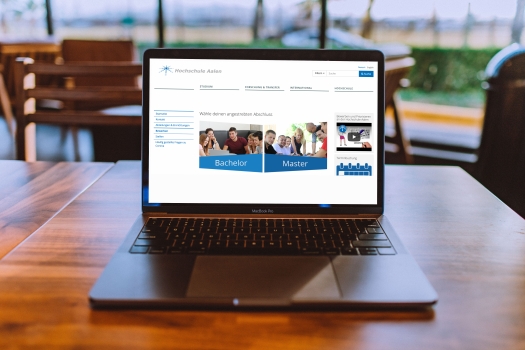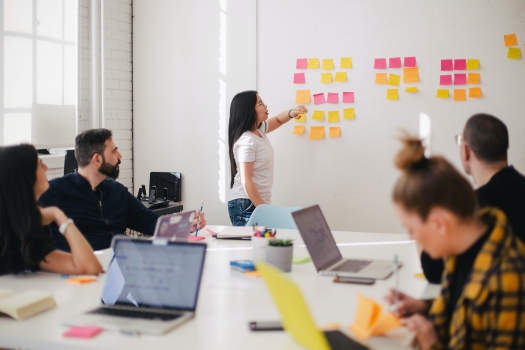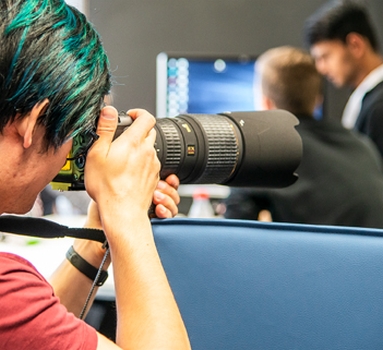Software, Apps, Geräte – helfen sie uns oder treiben sie uns in den Wahnsinn? Als Anwälte des Nutzers bringen User Experience Professionals Produkte und Anwendungen auf den Markt, die sich leicht bedienen lassen und Spaß machen.
Ihre Aufgabe beginnt bereits vor der eigentlichen Produktion: User Experience Professionals überlegen sich, was sich der User wünschen könnte. Beim und nach dem Gebrauch behalten sie die User im Blick: Kann der User das Produkt effektiv, effizient und zufriedenstellend bedienen? Hat er die erwartete emotionale Bindung zum Produkt aufgebaut?
User Experience in Aalen setzt auf 5 Säulen:
#1 Produktentwicklung,
#2 Informatik
#3 Design
#4 Management und
#5 Psychologie.
Mit diesen fachlichen und methodischen Kompetenzen begleiten die Absolventen bestens aufgestellt den gesamten Produktlebenszyklus.
Das stark projektorientierte Lehr-/Lernkonzept vermittelt die nötige soziale und kommunikative Kompetenz. Module wie Gamifikation, Augmented and Virtual Reality und Design Thinking versetzen die User Experience Professionals in den Stand, nicht nur benutzbare Produkte zu entwickeln, sondern interaktive Anwendungen, die Begeisterung auslösen: Joyability.









